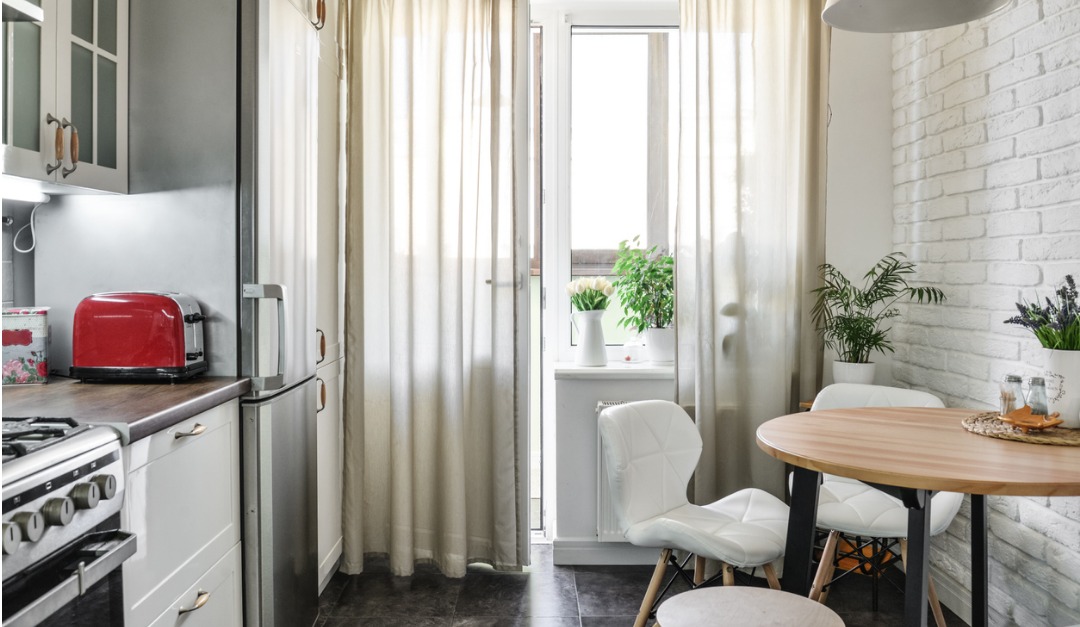
Here's What You Should Know About Canada's Tiny Condos
Micro-condos, largely considered to be anything under 400 square feet, have been mainstream living situations in dense countries like China and Singapore for years. Thanks to Canada’s housing boom and an influx of single-occupant buyers, however, they’re becoming more the norm elsewhere too. There are many elements to take into consideration before purchasing a unit this small.
Pro: They’re usually more affordable than larger spaces. The overall price depends on the price per square foot, but, generally, micro-condos are more affordable and present a better option for single or first-time buyers.
Con: If you can’t make the small dimensions work with your lifestyle, you might find yourself paying monthly costs elsewhere to compensate: an external storage locker, for example, or a co-working space if you need an office.
Pro: They are low-maintenance. Many people appreciate that a smaller space means fewer belongings and less to keep clean and tidy! Micro-condos also mean fully embracing the Canadian condo lifestyle, which means no yard work or exterior building maintenance.
Con: They may not be a long-term option. Micro-condos tend to be great for single buyers or those who travel a lot and need a place to land when they’re home. Unlike a larger unit, they’re unlikely to adapt to a change in lifestyle if you want a partner to move in or plan to start a family.
Pro: They encourage a specific lifestyle. Many people appreciate that living in a micro space means they have to evaluate which belongings are truly meaningful and encourages them to spend recreation time exploring their city instead of hunkering down at home.
Con: Living tiny can be hard to adapt to. If you’re downsizing significantly, you may find it hard to adapt to such small dimensions, especially if you love entertaining.
Ultimately, thriving in a micro-condo depends a lot on one’s lifestyle and mindset. Canadian micro-condos are certainly a great option for some people but require careful consideration. Ask your real estate agent for more details.
